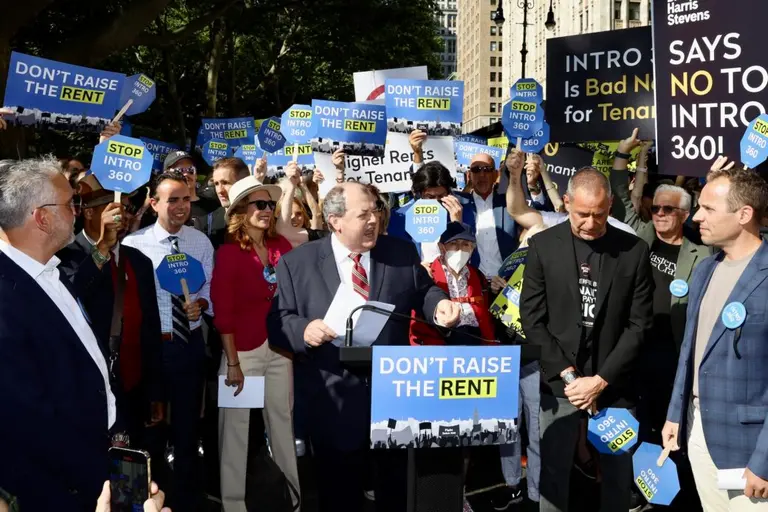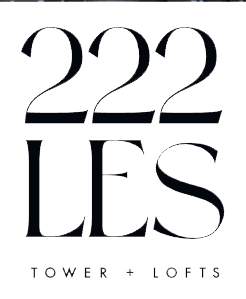Tenant Blacklists Stack the Deck Against Renters in an Already Unfair Equation

Image by Jorbasa Fotografie / Flickr
In a tight market, landlord blacklists, where owners are called out for sleazy–or worse–practices may have little impact if renters are desperate to find living quarters. But at least they have a choice. The New York Times reports that “blacklists” containing names of tenants who have run afoul of landlords in the past have created a bias against potential tenants to the point where the home-hunters–even those with stellar credit, a clean record and a perfectly good explanation–feel they have no chance of finding an apartment anytime soon.
Going beyond background and credit checks, a database known to housing advocates and lawyers as the tenant blacklist provides prospective landlords throughout the country with a means to, as the Times puts it, “weed out risky tenants.” The list, however, is filled with errors and cases in which, for example, tenants legally withheld rent due to unlivable conditions and later won their cases. But without explanation, the list can make renting an apartment an impossibility.
The list is compiled by database companies that get the tenant-screening information from housing court records. This practice is the target of a new bill introduced to the City Council this week by Councilman Benjamin J. Kallos, a Manhattan Democrat. The new legislation would force the screening companies to provide descriptions of the housing court cases they reference, including records that show the reasons behind why the tenants appeared in court.
Housing advocates say the list makes New York City’s housing crisis even worse, putting apartments even further beyond reach of low-income residents. And its existence can make tenants afraid of complaining or withholding rent even if they have good reason to do so. This leads to cases in which potential tenants are turned down repeatedly for apartments, finally learning they’re on the tenant screening list, in some cases due to non-payment of rent they claim they did not owe.
The Times quotes Frank Ricci, director of government affairs for the Rent Stabilization Association, a trade group that represents landlords: “The tenant-screening lists are very useful to owners who are looking at housing court records as one element in their evaluation of potential tenants,” saying owners and other tenants “might be hurt by a pattern of a tenant withholding rent for frivolous reasons.”
There have been several class-action lawsuits leveled against tenant-screening companies in the past, but these have limited success. The state’s Office of Court Administration for a long time sold a daily data feed of housing court cases to the data companies; tenants’ names and addresses were removed from the feed after years of complaints. In 2014, the City Council passed legislation requiring landlords, property managers and brokers to disclose whether a screening company was used for background checks, and, if so, which company, so tenants could order their files and speak up about errors and inaccuracies. But that process is burdensome for many potential tenants who may not even know of the list’s existence.
[Via NYTimes]
RELATED:




























